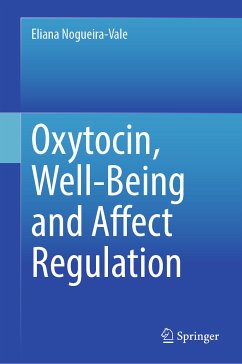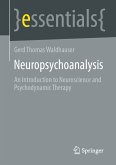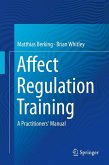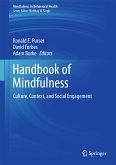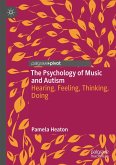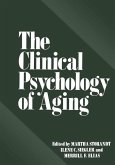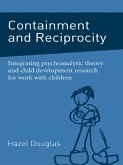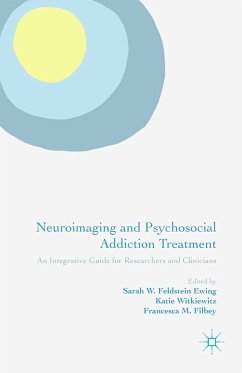The book starts by presenting a brief history of neuroscience, spanning from the discovery of oxytocin, at the beginning of the 20th century, until the emergence of affective neuroscience and neuropsychoanalysis as new scientific fields at the turn of the 20th to the 21st century. Then it reviews the long tradition of psychoanalytic research on human attachment starting with John Bowlby's seminal Attachment Theory and explains how these early findings have been complemented by neuroscientific and psychological research on brain development and affect regulation. Finally, the two last chapters of the book show how this prolific dialogue between neuroscience and psychoanalysis can contribute to the future of psychotherapy.
Oxytocin, Well-Being and Affect Regulation was originally published in Portuguese for the Brazilian market and this English edition for the international market is a revised version with two new additional chapters. It will be of interest to both students and professionals from different fields within the behavioral and health sciences, such as psychology and medicine, who will find in this book a brief and accessible introduction to key topics in the emerging fields of affective neuroscience and neuropsychoanalysis.
The translation of the original manuscript in Portuguese into English was done with the help of artificial intelligence. A subsequent human revision was done primarily in terms of content.
Dieser Download kann aus rechtlichen Gründen nur mit Rechnungsadresse in A, B, BG, CY, CZ, D, DK, EW, E, FIN, F, GR, HR, H, IRL, I, LT, L, LR, M, NL, PL, P, R, S, SLO, SK ausgeliefert werden.

